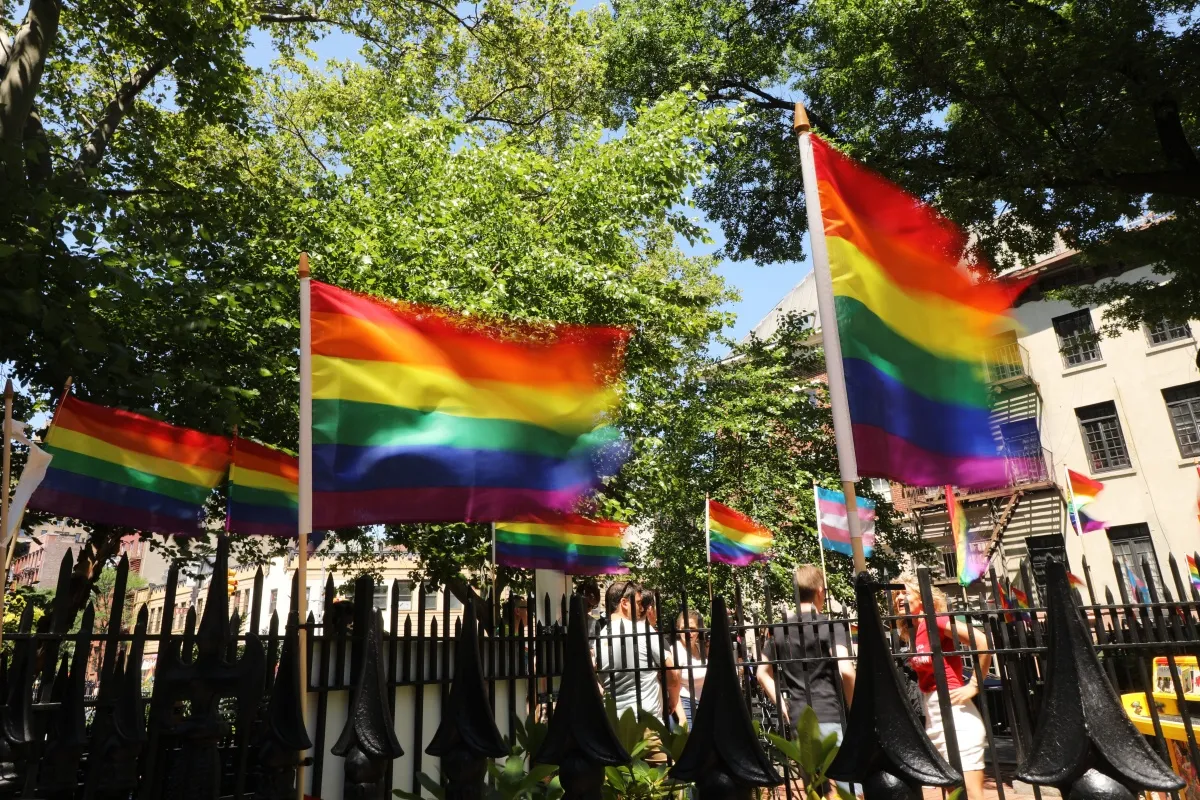In a 5–4 ruling, the U.S. Supreme Court said that Yeshiva University in New York must (for now) comply with a state court’s previous ruling that it should recognize a campus gay rights organization.
Back in 2019, the LGBTQ Pride Alliance group first strived to be recognized by the university, and then sued in April of 2021. They said, according to NBC News, “the school was required to grant its request because it is a place of public accommodation that is covered by the anti-discrimination law.”
Yeshiva University was founded in 1897 as a religious Jewish university. While it has included more secular programs, it has maintained its religious values. In court papers, the officials within the school “concluded after consulting with Jewish religious scholars that an official LGBTQ club would be inconsistent with its religious values.” While a state court already ruled that the university must recognize the LGBTQ Pride Alliance, but the university plans on appealing, so they made a request for the Supreme Court to allow them to ignore the state court ruling while they go through that process.
Since the Supreme Court leans Conservative, this ruling means that some of the judges on the political right crossed over to the liberal side—Roberts and Kavanaugh—to deny that specific request, but not to actually rule that they must ultimately acknowledge the group. Four justices dissented to even denying the request at all, and Justice Alito wrote that perspective, which was joined by justices Clarence Thomas, Neil M. Gorsuch, and Amy Coney Barrett.
“The First Amendment guarantees the right to the free exercise of religion, and if that provision means anything, it prohibits a State from enforcing its own preferred interpretation of Holy Scripture. Yet that is exactly what New York has done in this case, and it is disappointing that a majority of this Court refuses to provide relief.”
(via The Washington Post)
Unfortunately, ruling that the university must abide by the state court’s decision in the meantime isn’t really a change from the recent rulings against marginalized genders that the Court is known for. As Vox points out, the Court gave the lawyers for Yeshiva advice on how to move forward, and sided against them, in this particular instance, only “because it appears that applicants have at least two further avenues for expedited or interim state court relief”—that is, because they skipped right to the Supreme Court before trying all of their other options.
The Supreme Court decision said, “Applicants may ask the New York courts to expedite consideration of the merits of their appeal,” the Supreme Court told them, and that they “may file with the Appellate Division a corrected motion for permission to appeal that court’s denial of a stay to the New York Court of Appeals.”
Alito has been known to side with religious conservatives, and with this guideline, if New York’s appellate courts do not rule in Yeshiva’s favor, the case can return to the Supreme Court. Not only was that possible return implied when the request was denied “without prejudice,” but the Supreme Court decision also explicitly said, “If applicants seek and receive neither expedited review nor interim relief from the New York courts, they may return to this Court.”
That will give the university another chance to get a 5th vote to gain a majority. Until then, we can only hope that the LGBTQ students attending the university are being protected in some way.
(via Vox, featured image: Octavio Jones/Getty Images)









Published: Sep 15, 2022 06:17 pm